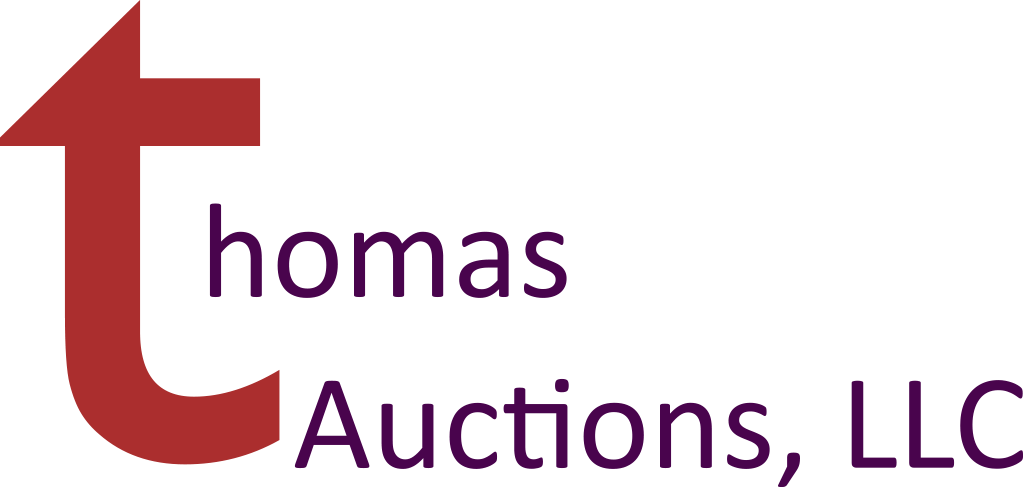A Seller’s Guide to Property Auctions
In some areas, real estate auctions are lesser known, so it’s natural to have questions. Here are the most common frequently asked questions about selling your property at auction.
Why should I sell my property using the auction method?
The auction method accelerates the sale of your property by generating additional consumer interest and activity. Non-contingent contracts and projected thirty-day settlements are required of all buyers of auctioned properties. This means a quick transaction for you.
Who pays the auctioneers fee?
The Broker/Auctioneer’s fee is paid at closing with a buyer’s premium that is added to the buyer’s final bid. If the property is sold on a pre or post-auction sale, the price will include the buyer’s premium.
Will we still have to consider a contingent contract?
Everything that is sold at auction is sold “As Is, Non-Contingent”, with a thirty-day projected settlement date and the buyers paying all allowable closing costs associated with the sale. There are times on a pre or postauction offer that a contract contingent upon a home inspection or financing will be presented to you for consideration.
When will the auction be held?
The advantage with the auction method is the seller has the right to choose the date and time of their auction. One of the many reasons auctions are so effective is that your property is exposed to a wide variety of potential buyers on a set auction date.
What is the best auction method to use?
The surest way to affect a sale is to auction “Absolute”. An absolute auction generates the most competition, which leads to the strongest dollar offering for your property. The second method is the “Reserve bid” auction, which enables you to approve or reject any or all offers.
If I put my property up for auction, do I have the right to refuse the bid?
In a ‘Reserve’ auction you have the right to refuse any bid which is less than the agreed minimum bid. When you elect to use the ‘Absolute’ method of auction, the auctioneer has the option of canceling the sale if it is deemed to be a situation that is not favorable to the seller.
Where will the auction be held?
Most auctions are held on-site. By being on-site, bidders are constantly reminded of all of the positives associated with the particular property. This, in turn, might encourage a higher bid.
Does ‘as is’ mean I don’t need to disclose any known defects?
Though a property is sold ’As Is’ we must abide by applicable state and federal laws. All appropriate documents regarding property will be available. The Auctioneer will offer full disclosure to all interested parties in accordance with the law. An inspection of the property
can be made by the purchaser or his/her representative 1 to 1 1/2 hours prior to the auction during the preview period.
Do you inspect the property to determine the best method of auction?
While it is not necessary to preview a property in order to propose an auction program, the more information we possess about the property and it’s unique attributes, the easier it is to suggest the most viable alternatives. The sales associate will advise the auction team regarding market values in your region. After evaluating the sales associate’s input, the auction team will look at how many competing properties there are in your area and look at sale history along with seller’s needs to suggest the best options.
I am not in financial trouble and I am concerned about what people might think if I should have an auction. What is your advice?
You are not alone in your concerns. Many people are afraid of the old, outdated perception of auctions. There are great differences in the marketing and the public image of a voluntary or ‘by choice’ auction versus a distress auction. By choice, auctions are positive, enthusiastic events designed to generate competitive bidding to secure the highest possible market price for you property.








